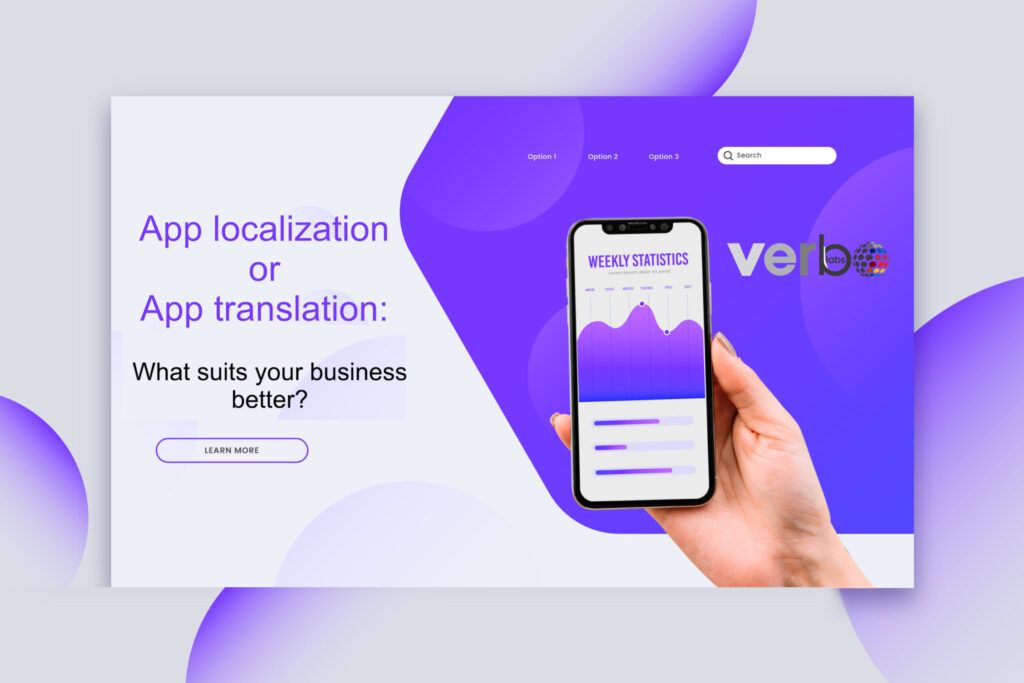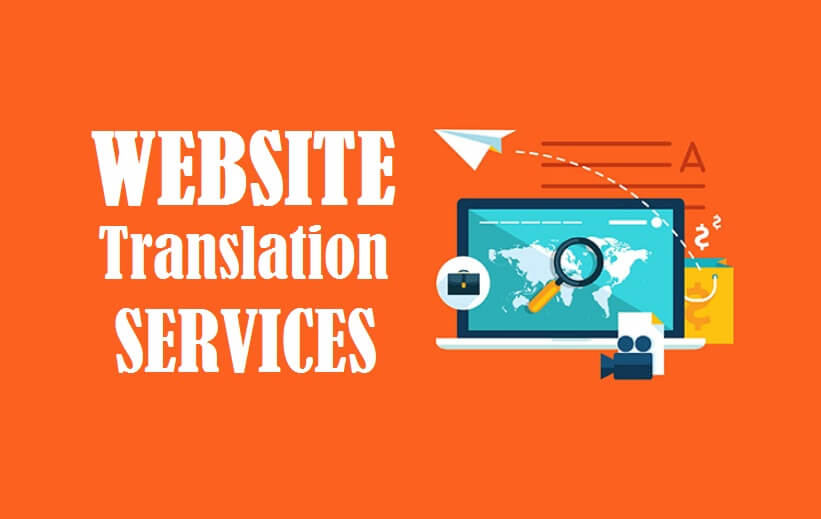From 2010 onwards, smartphones started to gain popularity among the masses. 86.29% of the total population is using smartphones at present. Mobile apps, which are used to run smartphones, are widely available in today’s digital marketplace. Today, there is an app for everyone to make life easier by solving a variety of issues. For example, if a person seeks to get physically fit there is an app for it, an app can teach, an app can get you cooked food, and a lot of other things that an app can do. Mobile applications have created an important place in everyone’s life and to use a mobile phone without using any app is next to impossible now.
Many mobile applications are used globally and are developed by developers from all over the world. This demonstrates that the content, details, and instruction presented in the app must be in the user’s native tongue. Here comes the need for app localization and app translation.
App localization is a method of modifying the app according to the technical, linguistic, and cultural needs of the target population. App translation, on the other hand, merely involves translating the app’s information into the other language. The terms might sound the same but the purpose, intensity, and perfection are different in both of them.
What is app localization?
On the launch of a new mobile application in the international market, its users must be able to access it. App localization is the method that helps in bridging the gap between the availability and accessibility of mobile applications. It transforms the whole product according to the user. App localization is a process in which all the crucial elements are customized related to the cultural and linguistic needs of the target market.
App localization includes numerous elements that are required to be modified according to local requirements. For example- translation of the app’s text into the user’s native tongue, changing the graphics which are culturally suitable to the user, putting localized elements from which the user can connect, currency symbols, date, and number formats are taken care of. Localisation also takes consideration of the spellings used in the text content because the same word may occasionally be spelled differently in various countries.
It shows that to localize an application, a developer needs to customize the whole user experience by changing its numerology, the language of the content, audio-video effects, etc. And, it’s difficult for some businesses to perform this task by themselves, in such cases localization companies can be a great help.
Why is app localization vital for your business?
Various challenges come in the way of globalizing your app and among those challenges, two are the main- language barrier and cultural barrier. These are the main reasons your business should invest in app localization. Some other specific reasons why app localization is a must for your business are- it helps in increasing app downloads worldwide, improves user experience, and increases the success rate of the business. Let’s discuss these reasons in depth.
To increase app downloads worldwide
With the ceaseless growth in smartphone users, the potential market for apps is also increasing. Google play store has more than 2.5 million apps and iOS approximately has 2 million apps and all are available to download to billions of users. App localization will be a great help in increasing the downloads of your app.
Improve user experience
User experience can be improved by customizing the app according to the cultural and linguistic needs of the user. Here, app localization can be used to change the text of the title, subtitles, description, graphics, etc in the native culture and language of the user.
The increased success rate of the app
Localization can help users download the app more frequently and stay engaged with it, which will improve the app’s growth rate and profit margin.
What is app translation?
App translation is a part of app localization or we can say that it is a simpler version of app localization. This entails translating the app’s user interface, menus, notifications, help text, and other aspects into the intended language so that people who speak that language can use it and understand it. The only concern addressed here is the language and not the other elements of user experience, which includes graphics, audio video, cultural preferences, etc. The content is exactly translated from word to word in the required language. Various methods like machine translation, expert translation services, and crowd-sourced translation platforms, including other technologies and services can all be used to translate apps.
Why is app translation significant to go global?
For the success of any product in the international market, the first step is that the customers understand what the product is offering and the same requirement applies to mobile applications. So, to reach a larger audience and boost the app’s popularity and income, app translation is crucial for app developers that wish to extend their user base globally. Let’s understand the significance of app translation in depth.
Expansion of customer reach
When an app is available in multiple languages then the potential customers increase for the business, improving user experience with your app.
Increases revenue
The expansion of customer reach will increase the company’s revenue. As more customers start engaging with your app, the profit margin will grow.
Beat the competition
Choosing app translation will help businesses to differentiate themselves from their competitors. It will show your commitment to customer satisfaction and the growth of your business.
Which one to choose- app localization or app translation?
The choice of strategy is influenced by various elements, including the app’s complexity, the number of languages being translated, and the project’s budget and schedule. For instance, if your app has complex utility like it has more audio-visual content go for app localization, and if the utility of your app is simple having just the written content, you might choose app translation service only. Both services are provided by Verbolabs. So, choose the way which suits your business.



